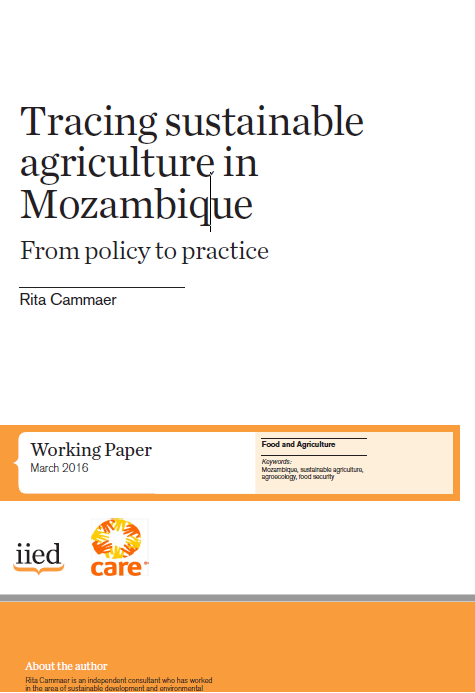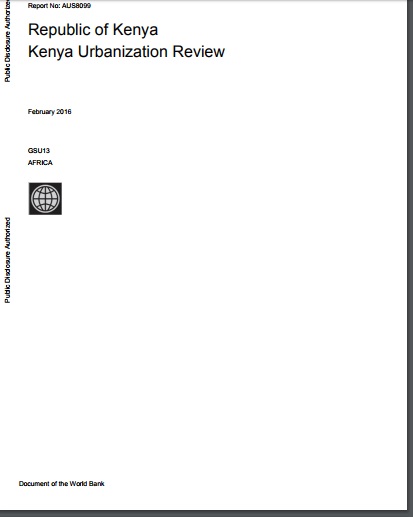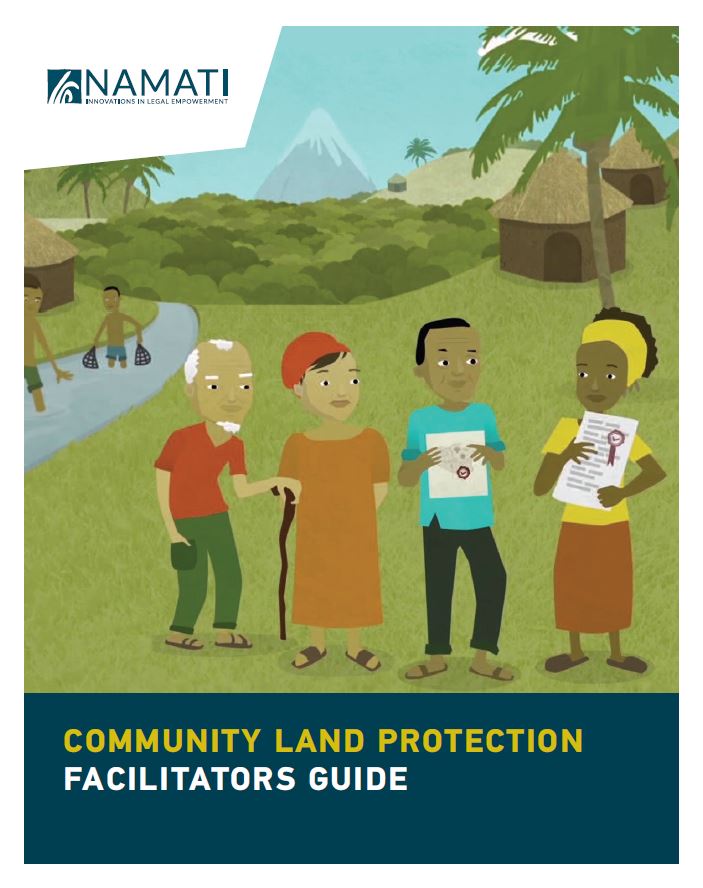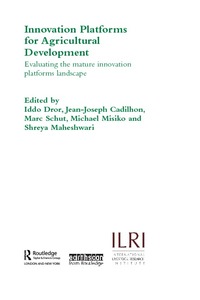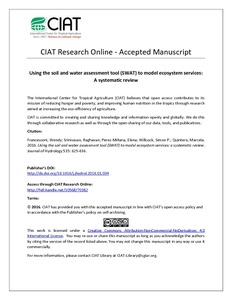Tracing sustainable agriculture in Mozambique
This study examines the agricultural policies and strategies that have influenced agricultural development in Mozambique, the support structures that have been put in place, and the realities and challenges of their implementation. It was found that key stakeholders understand the concept of sustainable agriculture, that the most important contributing components are covered in the current policy framework, and that farmers are keen to adopt and adapt to more sustainable and profitable farming practices.

